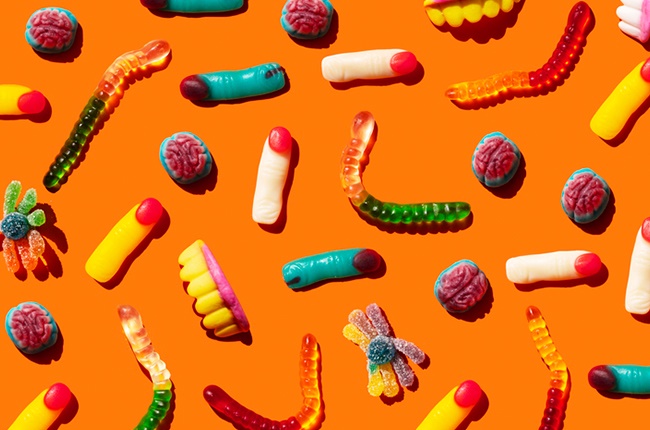
- The EU's food watchdog said that a widely-used additive, known as the artificial colouring E171 on food labels, should "no longer be considered safe" for consumption.
- E171 contains nanoparticles of titanium dioxide, and is commonly used in consumer products.
- It is now up to the European Commission and individual EU member states to decide whether to ban the additive.
The EU's food watchdog on Thursday said that a widely-used additive, known as the artificial colouring E171 on food labels, should "no longer be considered safe" for consumption.
E171 contains nanoparticles of titanium dioxide, and is commonly used in consumer products. In food, it is used mainly as a whitening and brightening agent in sweets, chewing gum, white sauces and cake icing.
But its use in food was suspended in France last year over health fears.
The Italy-based European Food Safety Authority (EFSA) said that following a review of the evidence, there was a risk that titanium dioxide nanoparticles could cause DNA damage, and no safe level for its daily intake could be established.
"Taking into account all available scientific studies and data, the panel concluded that titanium dioxide can no longer be considered safe as a food additive," said Maged Younes, chair of EFSA's expert panel on food additives.
It is now up to the European Commission and individual EU member states to decide whether to ban the additive.
France suspended its use in food last year, following research suggesting titanium dioxide could cause pre-cancerous lesions in lab rats.
"A critical element in reaching this conclusion is that we could not exclude genotoxicity concerns after consumption of titanium dioxide particles," Younes said in a statement.
"After oral ingestion, the absorption of titanium dioxide particles is low, however they can accumulate in the body."
Genotoxicity refers to the ability of a chemical substance to damage DNA.
Matthew Wright, chairman of EFSA's working group on E171, added: "Although the evidence for general toxic effects was not conclusive, on the basis of the new data and strengthened methods we could not rule out a concern for genotoxicity.
"And consequently we could not establish a safe level for daily intake of the food additive."




 Publications
Publications
 Partners
Partners












